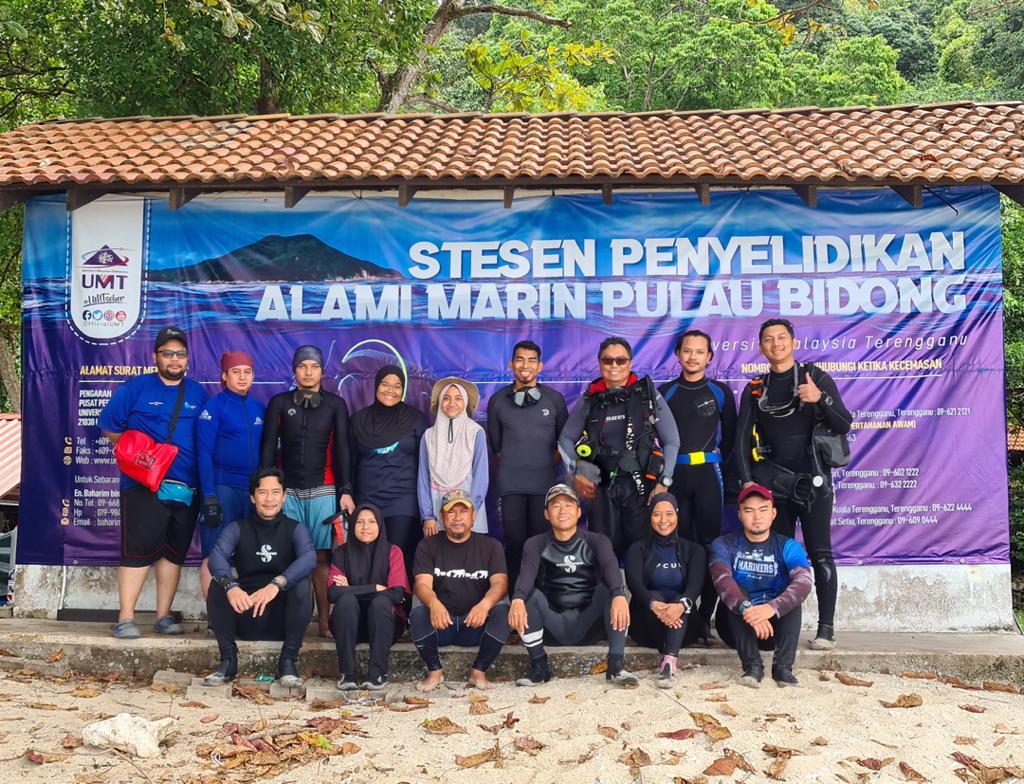
Coral reef plays multiple important roles throughout tropics. They provide key ecosystem goods and services such as fishes habitat, coastal protection and tourism aspects. The reefs benefit human in so many ways that support live hoods and in other major such as building materials and pharmaceuticals. However, coral reefs are declining as they are facing various natural and anthropogenic disturbances including global warming, storms, marine pollution, coral diseases and others. Continuation of coral reef loss leads unbalanced ecosystem and will affect not only components in reefs, but also human live hoods and economy. In response to global coral reef declination, coral restoration is among the effort that is being conducted worldwide to restore and recover lost reefs. Back in early 2019, a tropical storm called Pabuk hit some part in South China Sea and affects islands in Terengganu waters. Coral reefs, mainly at shallow areas were destroyed and natural recovery of the reefs seems take longer period.
To boost the coral reef recovery, Universiti Malaysia Terengganu (UMT) together with International Petroleum Corp (IPC) collaborate to conduct a coral restoration project entitled “Coral Reef Conservation and Restoration Towards Sustainable Ecosystem” program on selected sites around Pulau Bidong and Pulau Kapas, Terengganu. The program focuses on the coral restoration involving coral transplanting to speed up the recovery process of a lost reef. A well-managed plan for coral restoration program will result a stable benthic condition to promote more recruitments, leads to high coral cover and restoration of other species of organisms associated with a reef. The plan includes site selection for coral restoration (nursery site), artificial structure design, coral fragments selection, nubbins maintenances and continuous monitoring on the nursery site. The conservation effort involve coral reef stakeholders such as marine park, commercial divers, fisherman and school students. Eventually, it will create powerful network between all level of public with researcher and have better restoring reef program as more supports reach in.
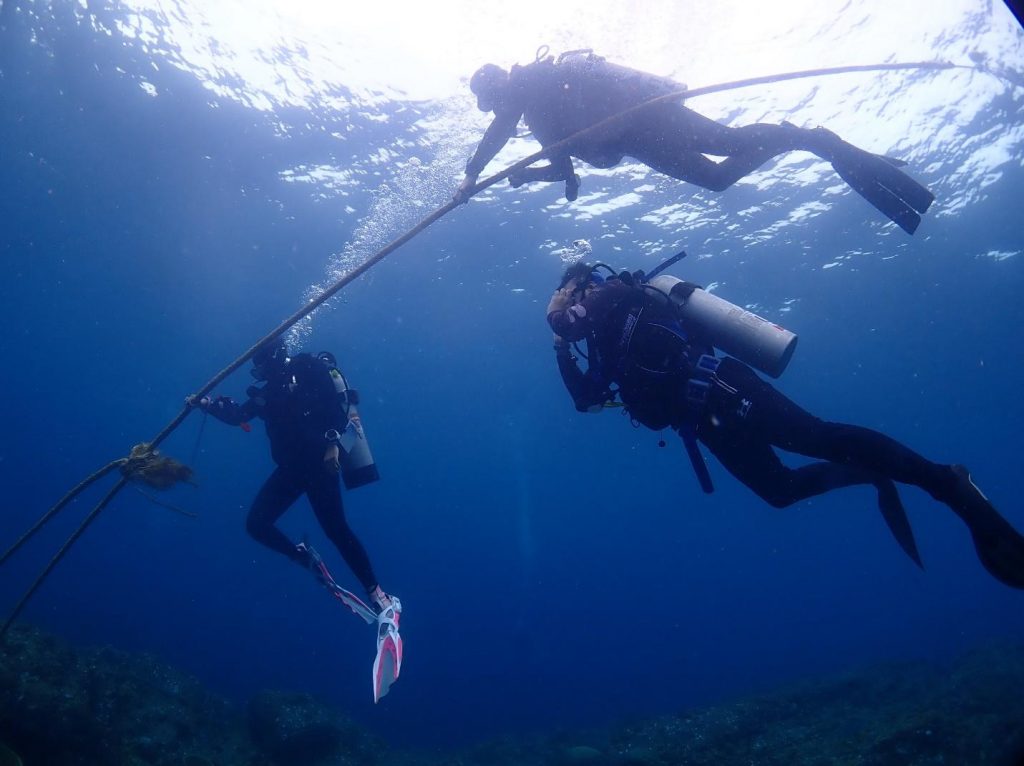
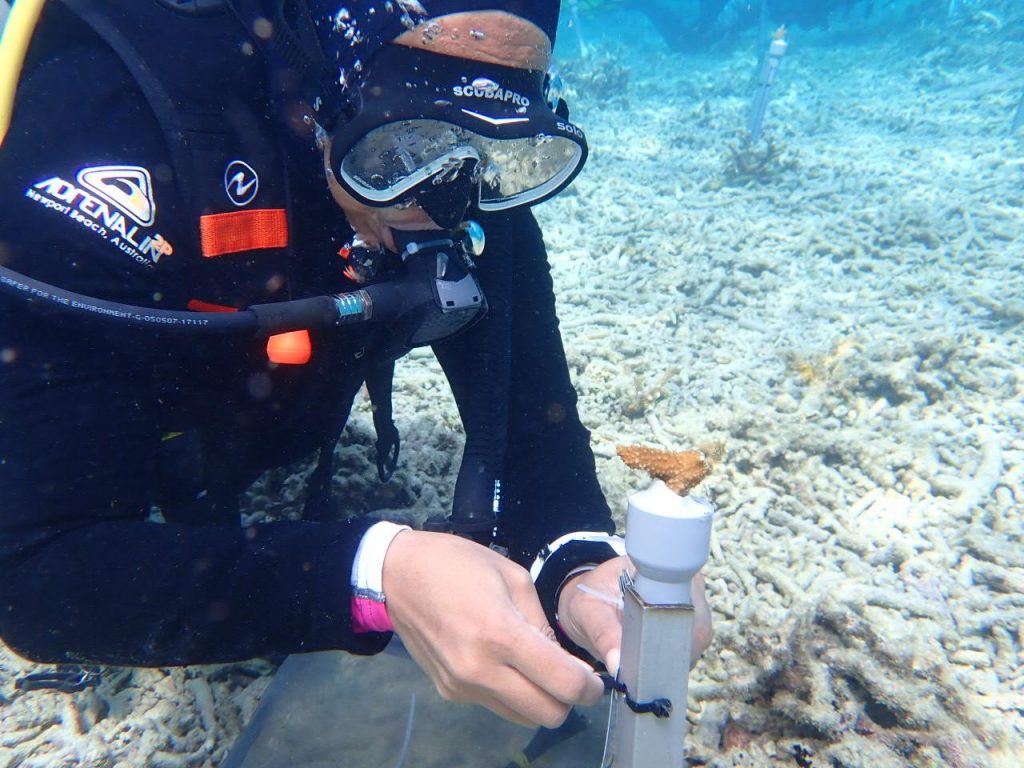
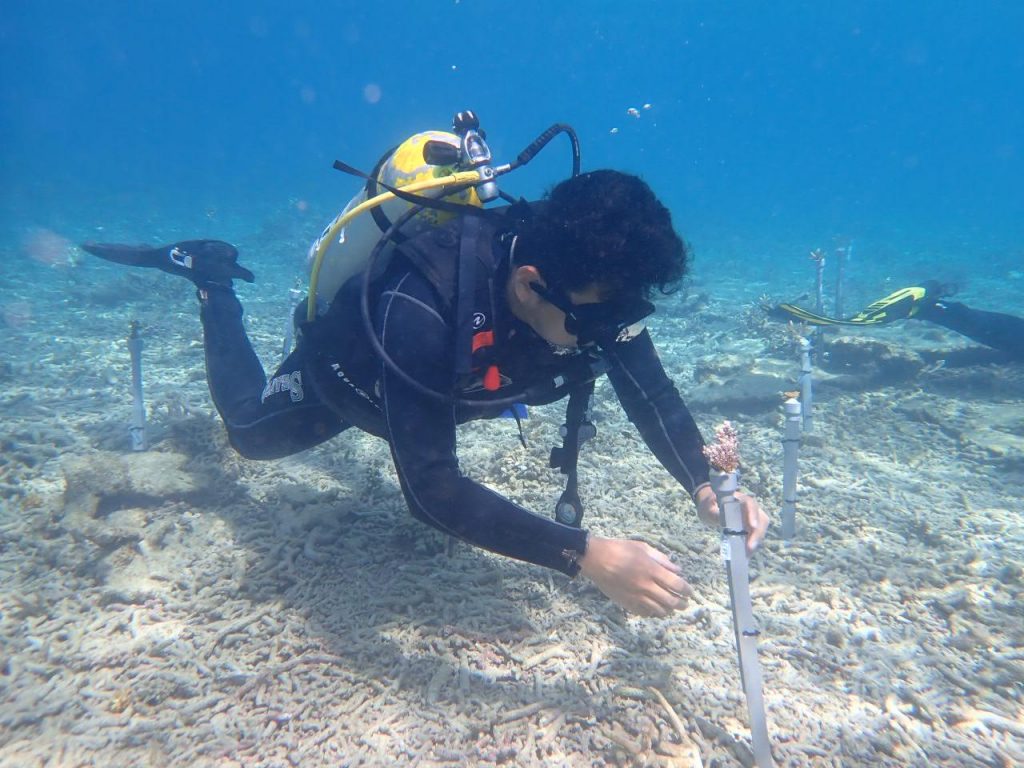
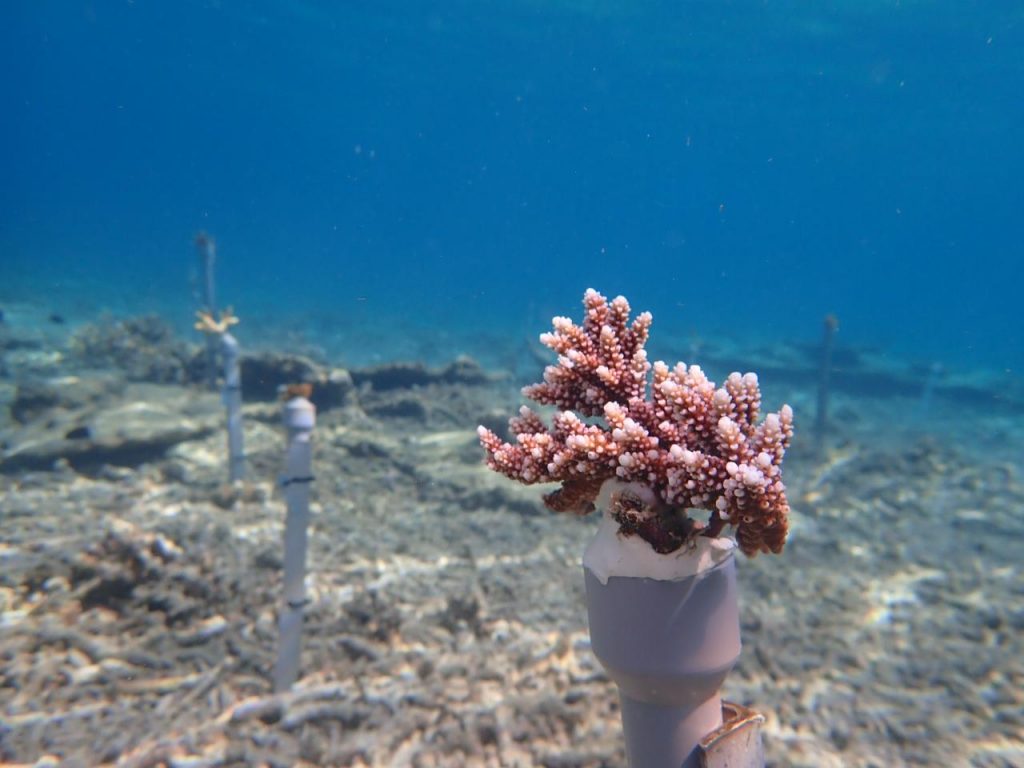

Copyright © INOS | Institute of Oceanography and Environment | Universiti Malaysia Terenganu | 2024. All rights reserved.